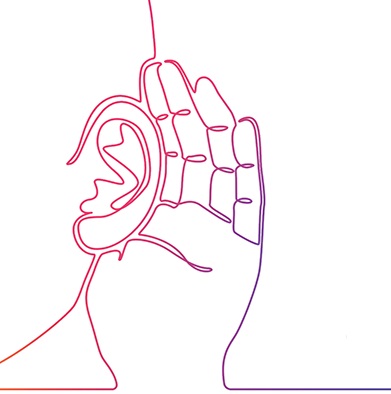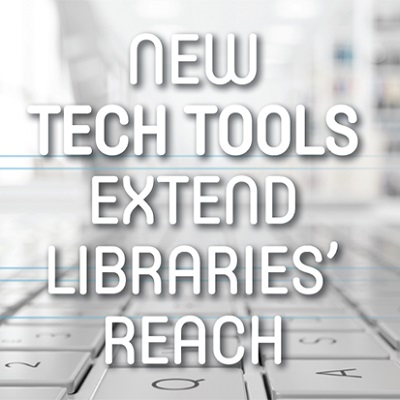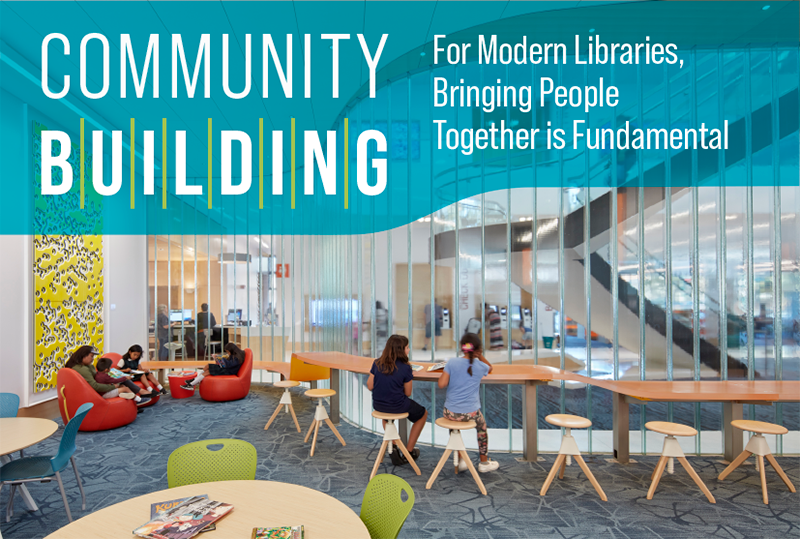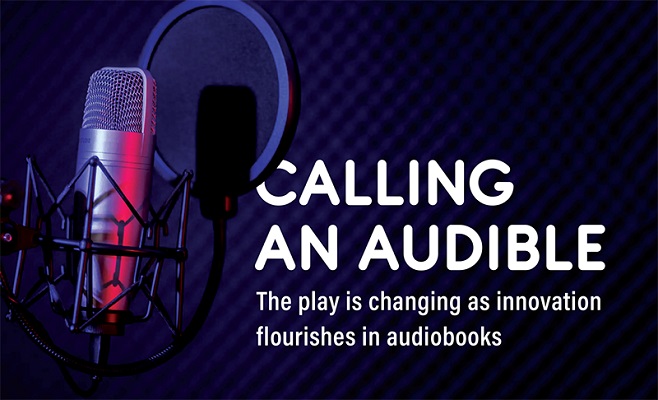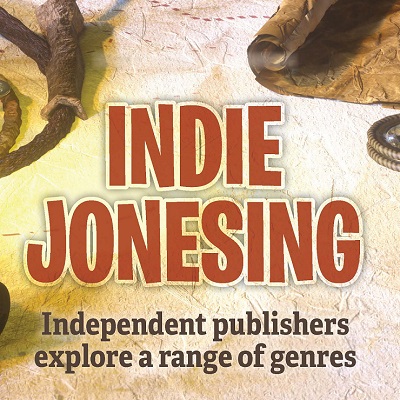Dennis Pierce
26 Articles
From:
To:
Finding Community: Lifestyle Books Bring Like-Minded Readers Together
Lifestyle-related books are hugely popular, and it’s easy to understand why. Not only do these books help readers express their creativity and achieve the kind of lifestyle they aspire to, but they also bring together people with a common interest and create a sense of connectedness around their topics.
Lend Me Your Ears: Memoirs Lead the Way as Demand for Audiobooks Continues to Rise
The number of audiobooks borrowed through libraries around the world has more than doubled since 2019—a telling statistic that speaks to the exploding popularity of books in audio format.
New Tech Tools Extend Libraries’ Reach
People are always a library’s greatest assets. The trained and experienced staff who interact with patrons, answer questions, recommend resources, lead story hours, and oversee workshops are what make libraries a vibrant and essential part of their communities. But librarians can’t be everywhere all at once. This is where technology can help.
Lifestyle Trending… Publishers Mine Influencers on Social Media
Libraries have always been much more than just repositories for books and other materials. They’ve also been centers for community learning and brought people together to improve their lives. This goal has become even more important in the digital era.
Community Building: For Modern Libraries, Bringing People Together Is Fundamental
Libraries have always been much more than just repositories for books and other materials. They’ve also been centers for community learning and brought people together to improve their lives. This goal has become even more important in the digital era.
Calling an Audible: The Play Is Changing as Innovation Flourishes in Audiobooks
"Audio is the fastest-growing format in the industry,” says HarperAudio Associate Publisher Brad Hill. This rapid growth has encouraged publishers to experiment with audiobook production. For instance, publishers are releasing more audiobook originals, adding more music and sound effects, and creating multicast productions that resemble radio plays.
Independent Publishers Explore a Range of Genres
Independent book publishing is thriving, and it’s not hard to see why. Indie presses meet a need for an eclectic array of works—sometimes too niche for corporate publishing—that cater to a broad range of interests and tastes.
Reaching Faithful Readers with Broad Range and Strong Characters
Now is an exciting time for fans of Christian fiction. Readers looking for spiritual messages embedded within compelling stories have a wide variety of subgenres to choose from, from Regency-era romances to contemporary rom-coms, mysteries, and even political thrillers.
Library and Information Science: Meeting Evolving Challenges
For library professionals, keeping up with a constantly changing information landscape can be demanding. A master’s in library and information science (MLIS) degree program prepares librarians with the skills they’ll need to navigate this shifting landscape successfully, both now and in the future.
ALREADY A SUBSCRIBER? LOG IN
We are currently offering this content for free. Sign up now to activate your personal profile, where you can save articles for future viewing


